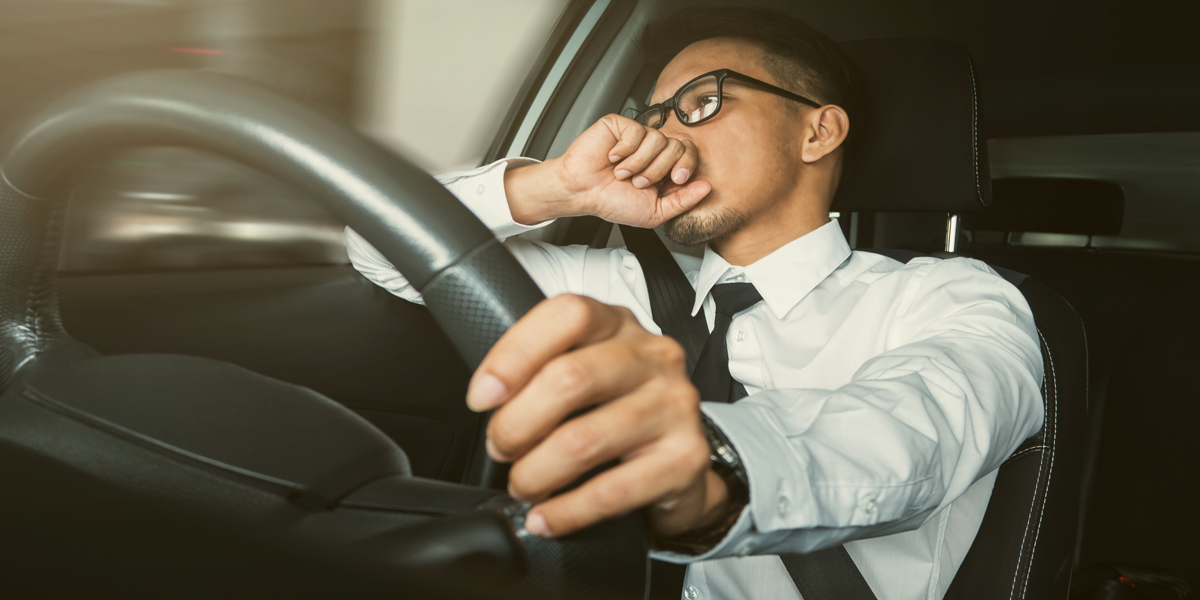I was 18 and the idea of speeding off to some exotic road trip on a whim was looming in my head. I was free, I thought! Ten years of driving around and outside the metro had me taking mental notes of the lessons one can learn to minimize the major pitfall of having a car: expenses.
1. Get a car fit for your lifestyle. If you’re a newbie driver, it’s best to assess your lifestyle to know what kind of car you should be driving. Usually driving alone and short distances? A compact car may be your best bet. Always on the road to rocky ways? A 4x4 may help you prevent unnecessary vehicle damage and repairs. Always with a family? Consider an SUV! Are you on a tight budget? Check out fuel-efficient cars or second hand options. Size, function, and gas consumption are always key considerations.
2. Shop around for financing. Through a car loan, you can get your car by just paying a down payment and not the full amount upfront. Compare the loan offers of different banks and choose the one that is most convenient for you when it comes to payment terms and interest rates.
3. Get appropriate insurance for your car. A car insurance coverage can help protect not just your vehicle, but your wallet and peace of mind as well. It can shield you against financial ruin especially when you are at-fault in a vehicular accident – otherwise, you will be forced to pay damages out of your own pocket. Always compare car insurance offers and make sure that you avail of an accident insurance. In the time of an accident, you will find your car’s insurance premium worth it.
4. DIY maintenance checks. Every car owner should check for a few things before leaving for one’s destination.
- Routine checks. In the morning, check if your tires are well inflated (a common sedan should be at 30 pSi). Does your dashboard temperature remain balanced? To prevent overheating, check all fluids, including engine oil, power steering, brake and transmission as well as windshield washer solvent, antifreeze and coolant.
In the evening, check all your lights, front, rear and hazard. Aside from being unsafe, driving without headlights will earn you a fine of Php 2,000 on the average.
- Weekly checks. Hoses and belts do not need as frequent checks but need checking just the same. Inspect your car’s timing belt, fan belt, and aircon hose every Monday morning.
Do not miss your oil change and tune up. Ideally, this would be done every 10,000 kms. but every car and every motor oil differs. Mark your calendar as to when your next visit to the auto shop will be. Remember: a smoke belching fine is Php 500 at least and oil and sparkplug-related car trouble is even more expensive.
Following a preventive maintenance schedule is important. You also have the option of having your car checked by an auto mechanic regularly if you feel that you too pressed for time to do this yourself.
5. Consider carpooling. The benefits of carpooling span wide from generating income out of your fuel consumption up to reducing carbon footprint because there are fewer vehicles on the road that emit greenhouse gases. Carpooling helps you save money and make the most out of your car mileage. If you like social interactions, carpooling is a great idea for you because of the presence of co-passengers who you can talk to while stuck in the traffic.
In a nutshell, a car should provide us convenience and not headaches due to upkeep that we cannot afford. By keeping these tips in mind, you’re on your way to a good long road with your precious car. Happy driving!











.png)

